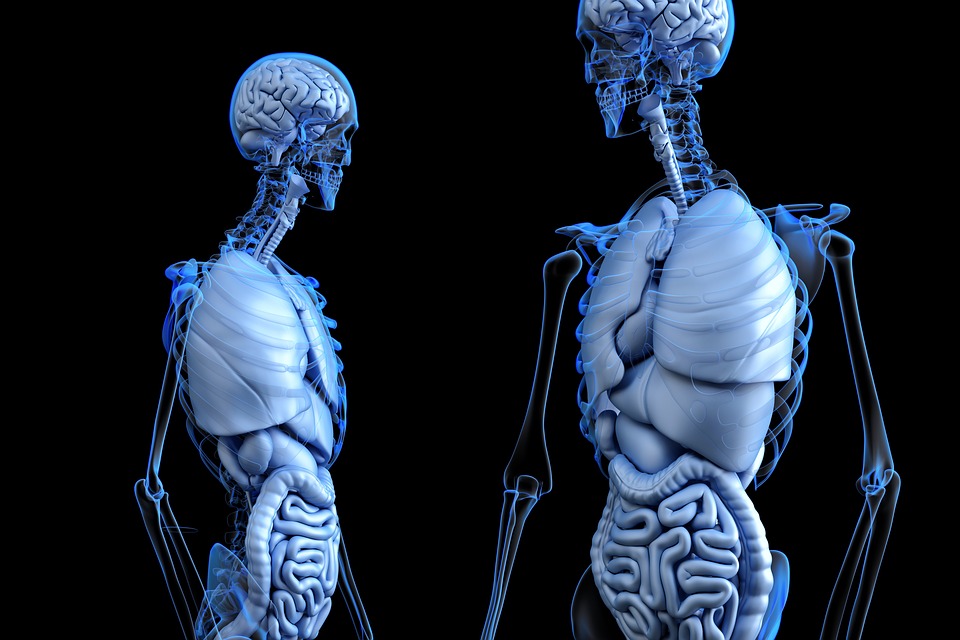While this view has not yet been accepted by the medical profession as a whole, there is an increasing tendency to view the human body as an ecosystem rather than a single organism. This applies particularly to the immune and digestive systems. Within this paradigm, several medical decisions can be seen in a different light, particularly in terms of the unintended consequences certain interventions can have.
Intestinal Flora and Fauna and Health
Although most people would rather not think about it, our own cells are actually outnumbered in our bodies – by about three to one, current estimates indicate. Around a third of human feces is actually alive as it leaves the body.
This is simply the natural order of things: without the numerous symbiotic bacteria (for instance) on our skin, we’d be easy prey for a large variety of pathogens. In the digestive tract, one of the more obvious functions of our microscopic helpers is in assisting with the absorption of nutrients, with another being the efficient disposal of waste products.
If a person’s internal ecology is out of balance, this will likely first manifest as psychological symptoms. A distressed intestinal microbe population is associated with low libido, reduced energy and a generally worse state of mind. It would be interesting to know how many people have resorted to a therapist or therapy when they could have benefited more from a nutritionist’s advice.
As gut health is compromised further, the possible symptoms begins to look like a laundry list of everything that can go wrong with the human body. Irritable bowel syndrome and other digestive issues are obviously related to our internal biome, but skin conditions such as eczema, autoimmune and inflammatory diseases, increased vulnerability to infections and diabetes can all be related to not having enough of the right kind of germs inside you.
Treating Gut Health Issues
If it is suspected that some patient’s symptoms are related to their intestinal health, the obvious first step is to address possible root causes. Indiscriminate use of antibiotics is often the culprit here, but cutting simple and refined carbohydrates out of a person’s diet is reportedly also highly effective. Many who suffer from IBS actually keep a diary in which they correlate food consumption to wellbeing, which can be of great help in determining an individual’s trigger foods. Limiting the amount of stress a person is exposed to is also important, though easier said than done.
A further measure to take is to ingest more probiotic and prebiotic food. Probiotics are live or dormant bacterial cultures and are easily available in the form of fermented food such as sauerkraut and yogurt, and more recently even in capsule form. Prebiotics refer to carbohydrates that encourage the growth of healthy intestinal microbes. These are often undigestable to us and are found in mushrooms and a variety of raw vegetables.
In extreme cases, more direct intervention may be indicated. The options include a fecal transplant, which is exactly what it sounds like.
The Human Microbiome Project
Launched in 2008 under the aegis of the U.S. National Institutes of Health, the HMP aims to study and characterize our internal microbial populations at five major sites, including by whole genome sequencing. Like with the human genome project, the eventual impact of this research is difficult to predict, but we may be confident that the eventual findings will be of great diagnostic and therapeutic importance.
